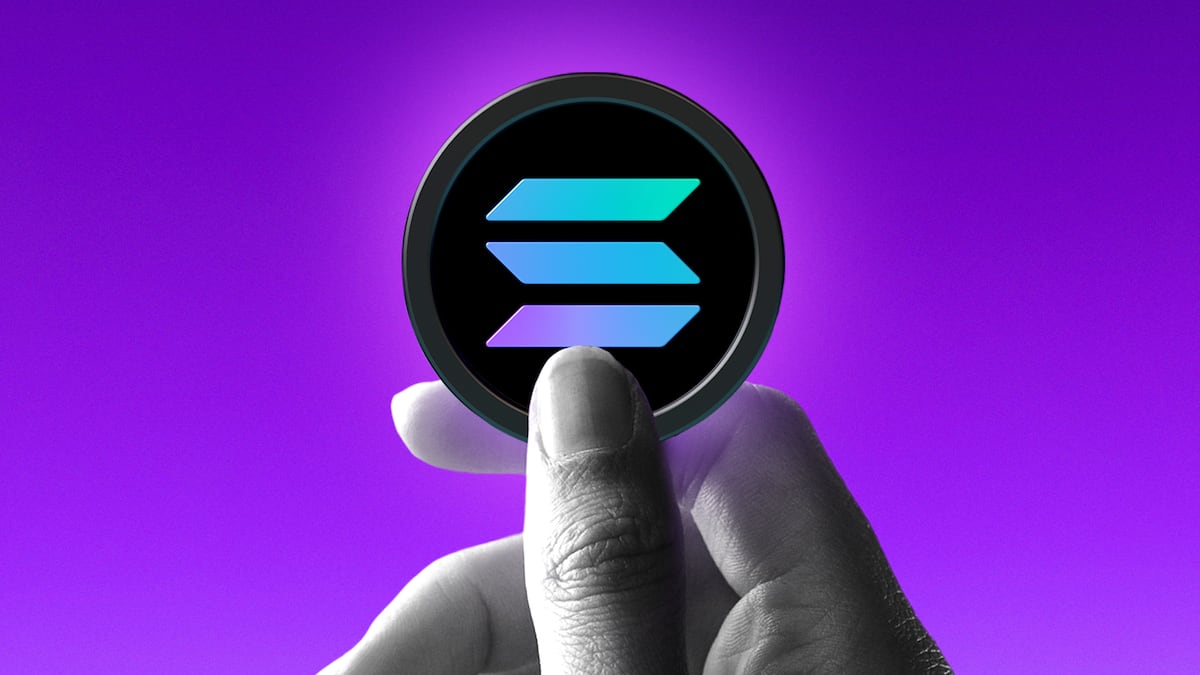- Solana dev unveils quantum-resistant vault to counter future threats.
- Google’s quantum leaps fuel fears of Bitcoin’s encryption being broken.
A Solana developer introduced a quantum-resistant vault to protect user funds from potential threats posed by advancements in quantum computing.
The Solana Winternitz Vault, designed by cryptography researcher Dean Little, uses a sophisticated signature system that creates a new cryptographic key for every transaction.
This reduces the risk of key compromise, which could become a vulnerability in the age of quantum computing.
The vault relies on Winternitz One-Time Signatures, a hash-based method designed to withstand quantum attacks.
During each transaction, funds are split into transfer and refund accounts, ensuring leftover funds remain secure and inaccessible to attackers.
However, the vault is not a default feature, meaning users must opt in and navigate technical steps to benefit from its added security.
The urgency of addressing quantum threats has grown with breakthroughs like Google’s Willow quantum chip, which has sparked concerns about the vulnerability of existing cryptographic systems.
Some experts believe cryptocurrencies still have time to adapt to quantum computing advancements.
However, quantum physicist Pierre-Luc Dallaire-Demers cautions, “We are about five years away from commercial quantum computers being able to break the elliptic curve keys that secure Bitcoin wallets.”
Little noted that a quantum attack might go unnoticed at first, as users could attribute wallet compromises to poor operational security or unrelated vulnerabilities before recognising the larger quantum threat.
“There is a non-zero chance of a quantum 0-day attack occurring in our lifetimes, failing to prepare could leave cryptocurrencies exposed,” he said.
Kyle Baird is DL News’ Weekend Editor. Got a tip? Email at kbaird@dlnews.com.









